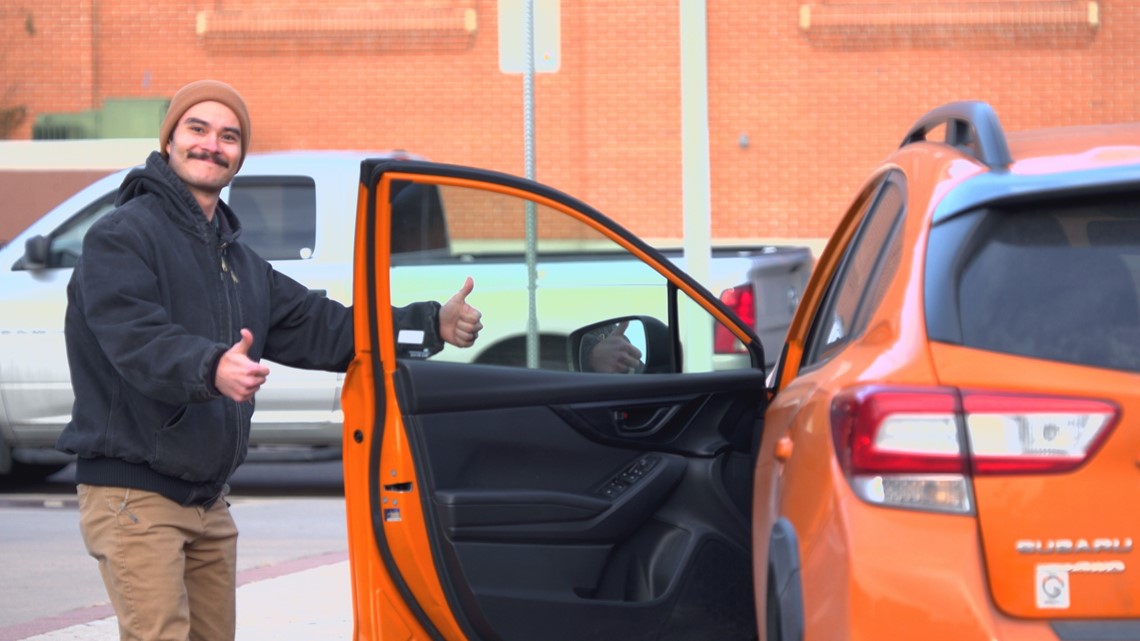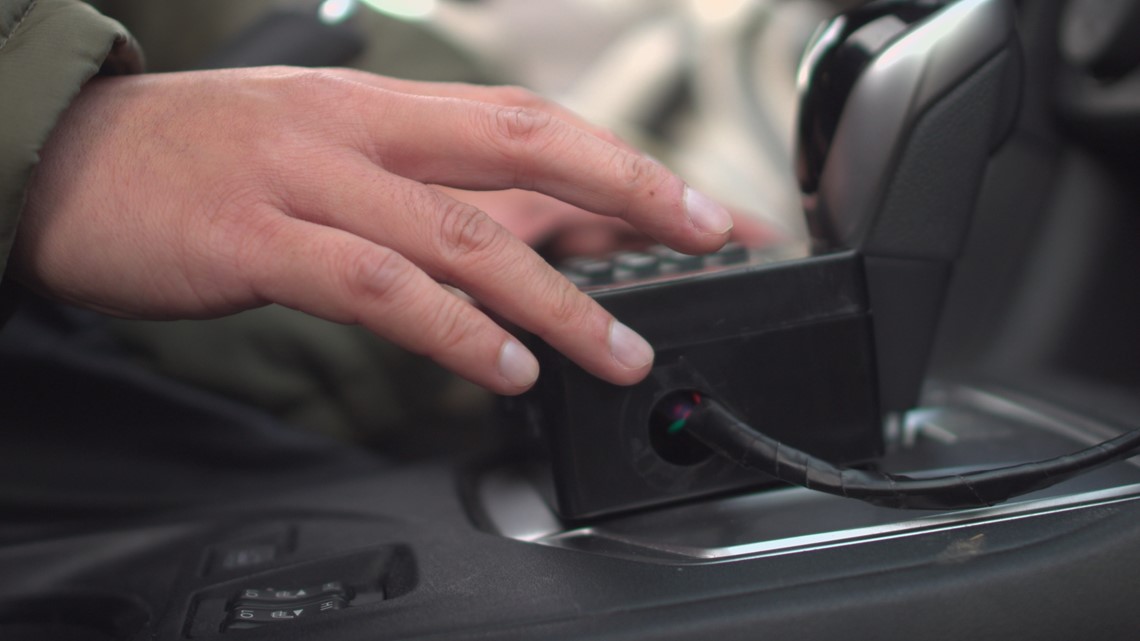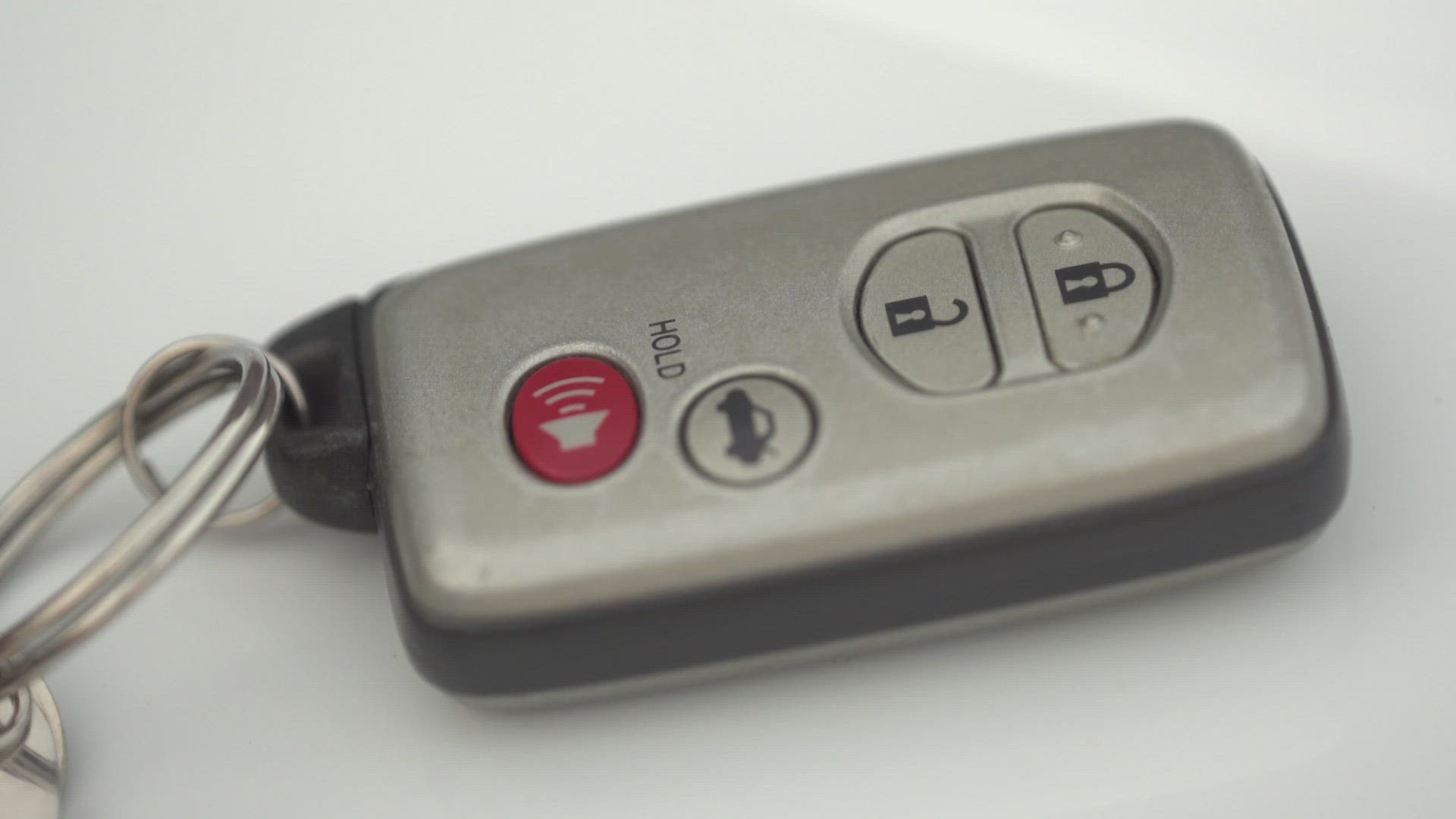DENVER — Thirty-three cars are stolen every day in Denver, according to police. One way that it happens is a high tech theft that opens cars remotely, without keys.
University of Colorado Denver researchers hope to develop a device to stop cars from getting stolen in this manner.
In seconds, CU Denver computer science student Daniel Rodriguez showed us how easy it is to unlock a car remotely.


A recent indictment explains what thieves would do next.
"The individuals would gain access by breaking the door lock. The individuals would illegally enter a vehicle and obtain and enter the pin code for the vehicle for the alarm goes off, the individuals would plug a vehicle programmer into the computer port beneath the steering wheel and program a new key to the vehicle. The vehicle would then be driven to a nearby location where the individuals would disable the GPS," the indictment reads.
Then, they could drive away with your car.
Rodriguez got inspired to work on this by a story all too familiar.
"I got my car broken into. It seems a little to easy open cars nowadays," he said.
So he approached his professor, Liang He, to come up with solutions.
"As faculty that's the best thing that can happen. You're teaching, you find an excellent student, you can work together, and then make something happen," He said.
They came up with a device that attaches to your car battery, and there is a second piece inside the car. The motor will not start unless you punch a code in.


They hope to have the device on the market by this time next year. Right now it costs $50 — they hope to get it down to $30.
SUGGESTED VIDEOS: Investigations & Crime

